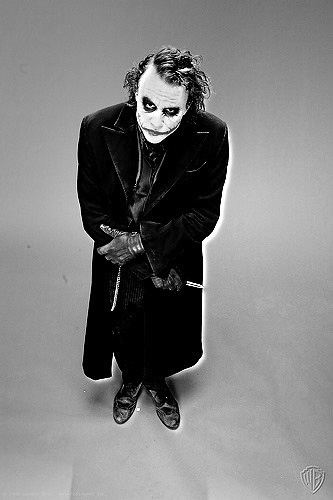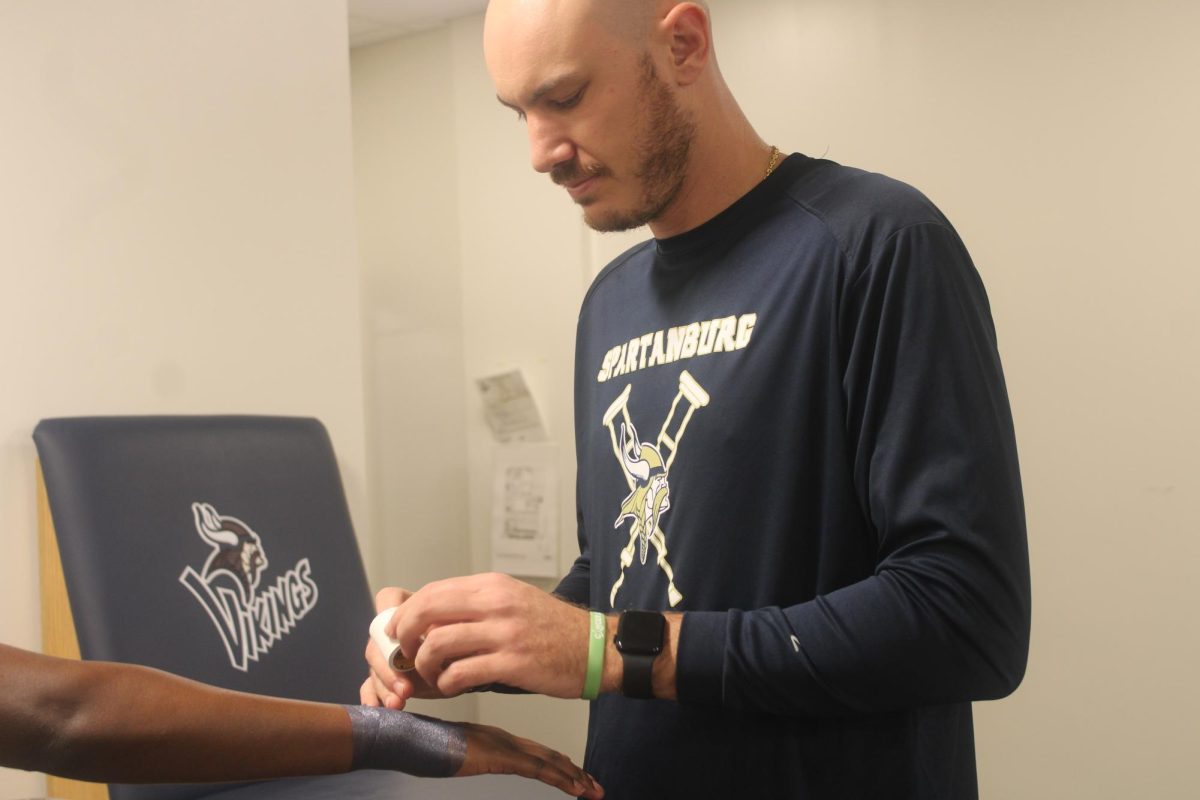
When given a role in a movie or television show, some actors use method acting to transform into their character. Method acting is an approach where the actors learn the habits, ways of speech, and mannerisms of their character. Some even stay in character when the cameras are off in order for the character to be the most realistic on screen. Because it takes so long for movies and tv shows to be filmed, this can lead to actors “being” their character for long periods of time, which can have some negative effects on the actor’s wellbeing.
Examples of actors ‘becoming’ their characters or taking their jobs too seriously are Heath Ledger, who played the Joker in 2008’s “The Dark Night,” Austin Butler playing Elvis, Bob Hoskins as Eddie in “Who Framed Roger Rabbit?” There are many others.
Heath Ledger died at the age of 28 from an accidental overdose. Some people believe it was because of the depression and insomnia that resulted from his playing the Joker. It is true that his role in “The Dark Night” was not the only reason for Ledger’s insomnia and depression but it is hard not to believe it wasn’t a contributing factor. Ledger did have a hard life growing up dealing with the divorce of his parents, criticism of the press, and persistent insomnia. But the role of the Joker took a toll on him. Ledger told the New York Times in 2007, a year before the film’s release, that it was physically and mentally taxing to play the Joker, who he described as a “psychopathic, mass-murdering, schizophrenic clown with zero empathy.”
Ledger pushed himself farther than he ever had for any role during his time as the Joker, locking himself in his room for weeks poring over comics, experimenting with voices. He even created a “Joker Diary.” Ledger’s insomnia skyrocketed during his role in “The Dark Night” causing him to average only two hours of sleep per night. The darkness and insanity of the Joker role made the experience incredibly intense. Ledger’s father in the documentary “Heath Ledger: Too Young to Die,” talks about the impact playing the character had on him.
“He pretty well locked himself up in a hotel room for a month or so to galvanize the upcoming character in his own mind. That was typical of Heath in any movie. He would certainly immerse himself in the character and I think this was just a whole new level,” Ledger said of his late son in the documentary.
Austin Butler who took on the iconic role of Elvis Presley in the movie “Elvis” also had serious health issues resulting from his commitment to the job. His body shut down after the movie finished causing him to be bedridden for a week. He was diagnosed with a virus that imitated appendicitis symptoms. Butler’s family as well as the media pointed out that when the movie ended, Austin didn’t talk like himself because he was still stuck in his Elvis persona. Austin could not seem to break character and go back to his normal self anymore. It took quite a while for him to lose Elvis’ voice.
Walker Nunes (11) knows of another actor, who coincidentally also played The Joker and took his character too seriously.
“I think Joaquin Phoenix started acting like his character, the Joker. He improvised some scenes that he thought the Joker would do. The actors are affected because in order to get into character they have to live like them. This can have effects on their mental state and may cause identity issues,” Nunes said.
Joaquin Phoenix, after the release of the movie, revealed he developed an eating disorder and became obsessed with his weight after taking on the role of The Joker. There are many cases of actors having to lose or gain a lot of weight for a role, which can cause them to be propelled into an eating disorder. Typically, after such emotional or physical transformations, actors must go through therapy because of the stress of playing such an intense role. Some actors end up with personality disorders and struggle going back to their normal way of life, to being themselves.
Mya Gaines (11) believes that method acting does help actors become their character and creates a more realistic portrayal on the big screen — but at what cost?
“I do think that actors becoming their characters may help make their characters be more realistic and possibly be good to some extent, but I do believe that movie directors should try to limit the extent to which the actor does this for the risk of personality disorders that could inhibit the characters the actor could play in the future,” Gaines said.








